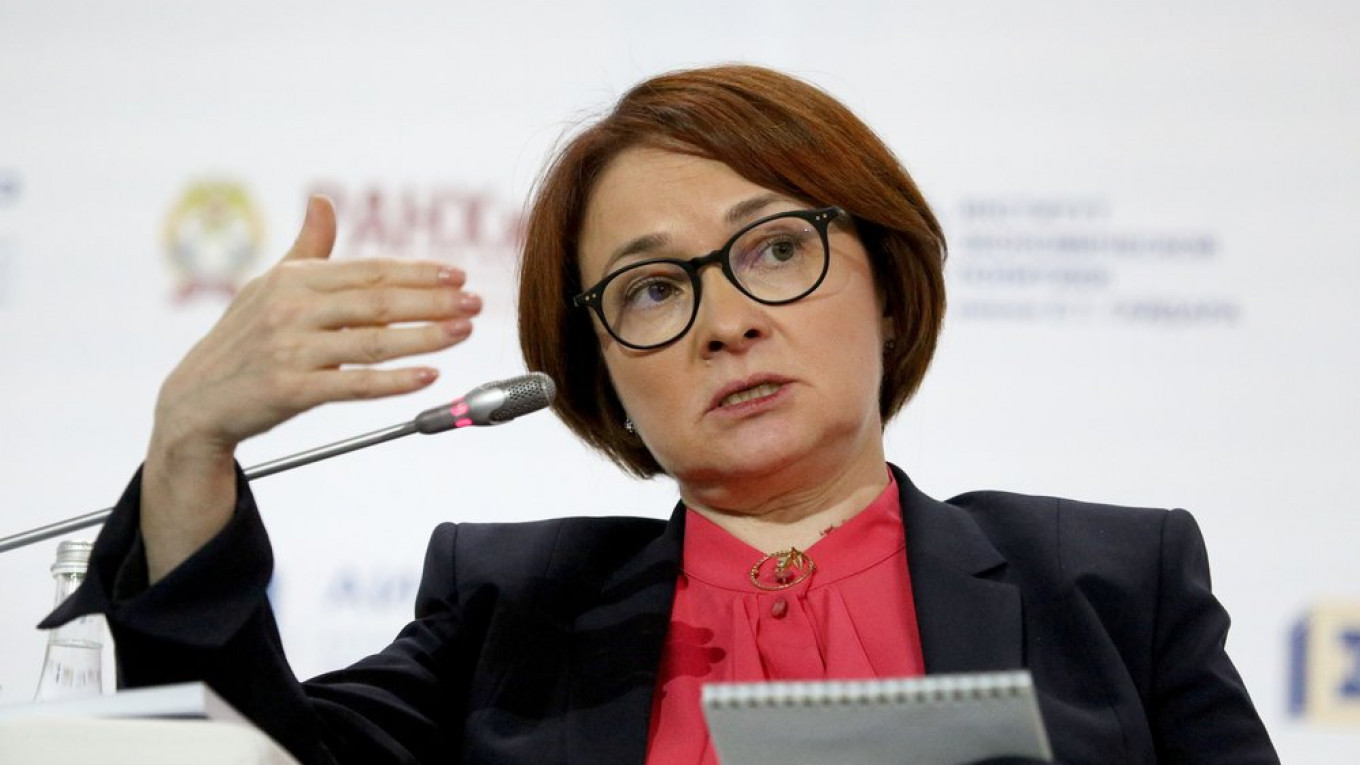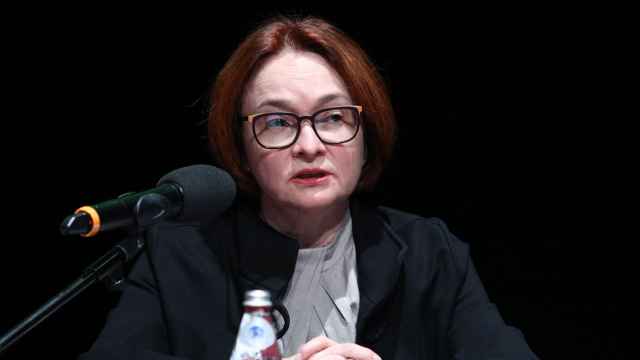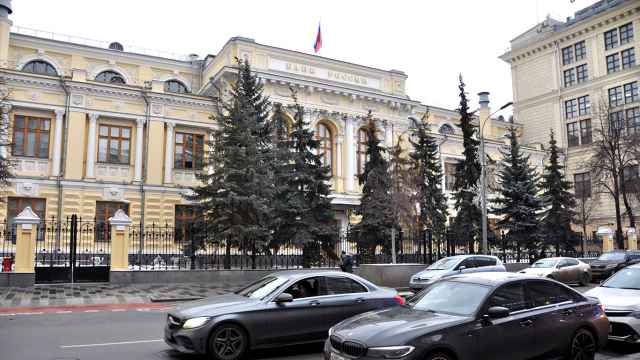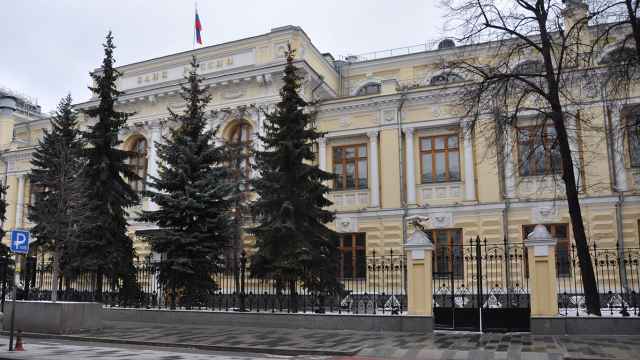Russian banks are failing to approve the majority of appeals for financial support from consumers and businesses seeking emergency funding under government schemes to ease economic damage stemming from the coronavirus, the Central Bank has confirmed.
Central Bank Governor Elvira Nabiullina said Friday take-up of cheap loans and repayment holidays for distressed companies and individuals had got off to a “slow” start, stressing that the Central Bank expects banks to increase approval rates for those applying under government-backed initiatives.
The Central Bank said 900 companies have applied for a total of 6 billion rubles ($81 million) in interest-free loans to cover staff salaries, in a scheme where the government would subsidize banks to cover the cost of cheap lending. As of Friday, just 76 million rubles ($1 million) had been approved — equivalent to 1.2% of the amount applied for.
“The system is moving very slowly. This cannot satisfy us and does not correspond to the severity of the problem, so we will work with banks to make this mechanism work,” said Nabiullina in a press conference Friday.
Russia’s largest banks have also rejected 85% of applications from borrowers seeking an emergency loan restructure. While the government has ordered banks to offer a six-month break in repayments to debtors who see their income fall by 30% or more, data showed that in the brief period after that plan was announced, but before it officially entered into law, lenders rejected 65,000 of the 76,000 requests they received, even as the number of appeals more than doubled.
The statistics come amid mounting warnings of the economic damage that the coronavirus will inflict on Russia. Alexei Kudrin, the head of Russia’s Audit Chamber, stated Monday that unemployment could triple this year, leaving 8 million Russians out of work unless the government steps in with a more generous support package.
“The Finance Ministry has so far set aside 1.4 trillion rubles [$19 billion] — 1.2% of GDP — of funding for anti-crisis support,” economists at Deutsche Bank noted in a recent research paper. “The obligation of firms to continue paying wages during the lockdown will put a strain on firms’ cash flow, and will require additional state support.”
The paper added: “While the focus has been on mitigating the income shock for households — understandable after the post-2014 fall in real incomes that increased dissatisfaction with living standards — further steps to support businesses will be needed to minimize economic scarring. Still, the authorities’ caution and the oil price shock will limit the scope of the fiscal response.”
A Message from The Moscow Times:
Dear readers,
We are facing unprecedented challenges. Russia's Prosecutor General's Office has designated The Moscow Times as an "undesirable" organization, criminalizing our work and putting our staff at risk of prosecution. This follows our earlier unjust labeling as a "foreign agent."
These actions are direct attempts to silence independent journalism in Russia. The authorities claim our work "discredits the decisions of the Russian leadership." We see things differently: we strive to provide accurate, unbiased reporting on Russia.
We, the journalists of The Moscow Times, refuse to be silenced. But to continue our work, we need your help.
Your support, no matter how small, makes a world of difference. If you can, please support us monthly starting from just $2. It's quick to set up, and every contribution makes a significant impact.
By supporting The Moscow Times, you're defending open, independent journalism in the face of repression. Thank you for standing with us.
Remind me later.






